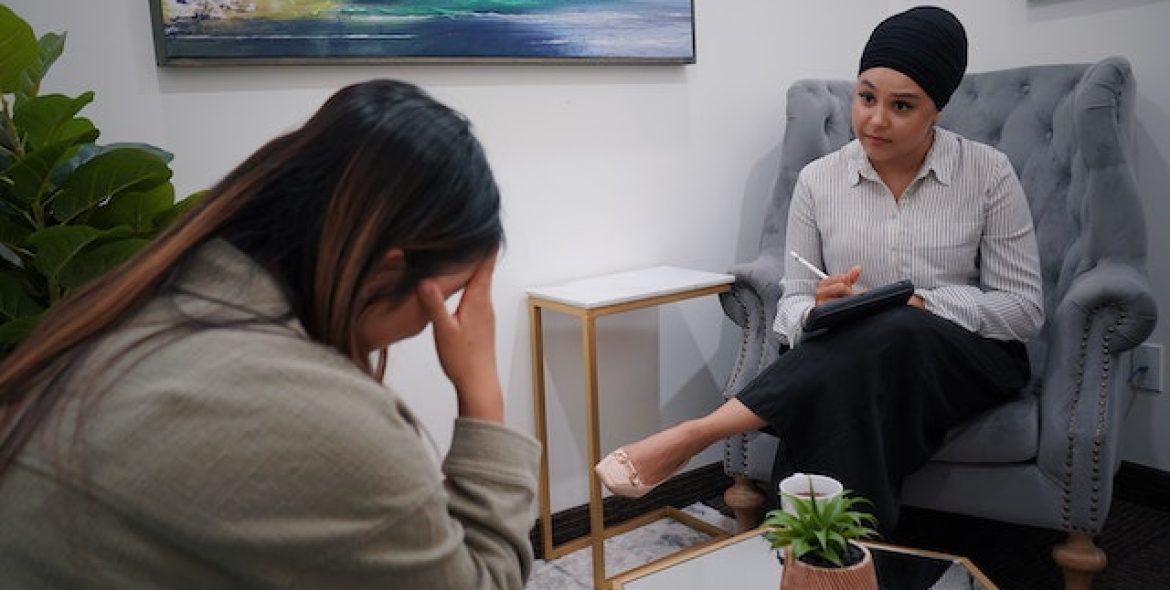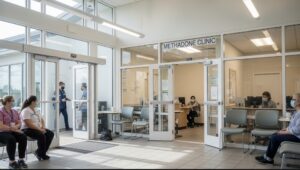As a therapist, it is heart-wrenching to witness a loved one falling prey to addiction, be it alcohol or narcotics. The sense of helplessness that comes with it is painful and sometimes paralyzing. However, there is hope for those struggling with addiction. With the help of a partial hospitalization program(Now called: HIOP-High Intensity Outpatient Program) in Fort Lauderdale, people can be released from the clutches of these deadly addictions.
In-Patient vs. Out-Patient Rehabilitation Centers
In general, there are two types of recovery programs: Residential Treatment Programs and Intensive Outpatient Programs (IOP).
Inpatient Rehabs in Florida are closed facilities where addiction-suffering patients receive medical treatment and addiction recovery therapy. It is generally a month or two-long program where the patient learns to deal with withdrawal and post-recovery relapses. The patient resides at the facility full-time, receiving round-the-clock treatment and care.
Outpatient rehabilitation programs, on the other hand, offer many of the same treatments without requiring the patient to stay in a facility overnight. Outpatient recovery facilities allow the patient to receive full recovery treatment while continuing to live and experience home life. This outpatient therapy includes medical treatment, therapy and counseling sessions, and other holistic treatments.
Why Would a Person Choose Out-Patient Care?
Out-patient facilities offer care for people with a Substance Abuse Disorder (SUD) or co-occurring mental and substance use disorder who:
- don’t require medical detoxification or round-the-clock supervision
- don’t meet the diagnostic requirements for residential or inpatient addiction treatment
- have been released from residential treatment after receiving 24-hour care and need to continue receiving recovery services at a lower level
- need or want the freedom to receive treatment while staying involved in family, school, or work responsibilities
They are designed to foster social, mental, and emotional support, encourage coping mechanisms, and serve as an alternative to residential treatment.
Benefits of Out-Patient Care
1. Flexibility: Many people struggling with addiction but don’t require a total medical detox or in-patient care need to keep their jobs, continue going to school, or have children that they must continue to care for. Out-patient care lets you prioritize treatment for SUD recovery without completely leaving friends, family, and responsibilities.
2. Comfort and Support: A person with supportive family or friends can receive the support they need from people they know if participating in outpatient care. Many addicts no longer have, or never had, a supportive family and need the full-time support that an inpatient/residential program provides. Outpatient care provides access to loved ones who spur the patient toward recovery.
3. Freedom to Practice Recovery Skills in Real-life Situations: Putting what you learned in treatment into practice is a necessary step in the recovery process. You will learn how to develop coping skills and utilize them while receiving outpatient care. You can use your skills when you come across circumstances and draw confidence from your accomplishments. When you return for your subsequent therapy appointment, you can also talk about the problems you are having to receive more help.
4. Receiving and Giving Help In Your Own Community: You can meet others who have experienced similar struggles by attending therapy sessions and support groups. These settings are very helpful for fostering the drive and responsibility to maintain sobriety. Receiving outpatient care may help you find these communities in your hometown, which may be its biggest advantage.
5. Financial Advantage: You can navigate treatment while keeping your job, which is more economical. Outpatient services can thereby increase access to healthcare. Additionally, if a person has a lower income, it may be more difficult for them to recover from a substance use disorder. This means that if you wish to end the cycle of addiction, having solutions that are easily accessible is crucial.
Conclusion
To pick the right outpatient program for yourself or a loved one, consider the correct treatment based on the intensity of the addiction, the specific needs of the patient, and the quality of the partial hospitalization program(Now called: HIOP-High Intensity Outpatient Program) in Boynton Beach. Remember, seeking help for addiction is a brave and necessary step toward recovery. With the right treatment and support, a person can overcome addiction and regain control of their life.






